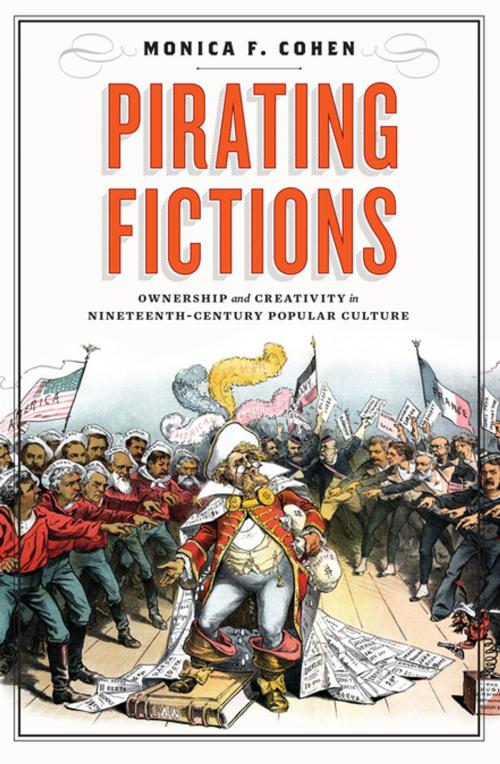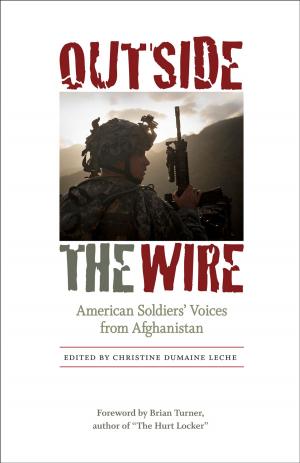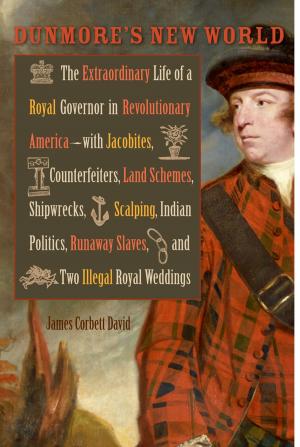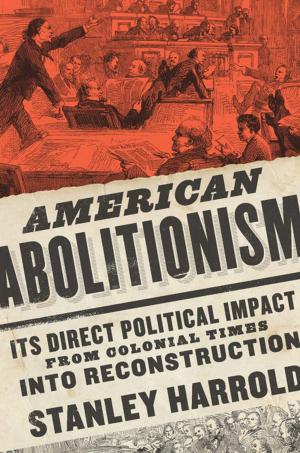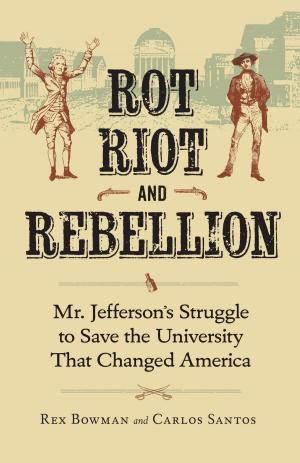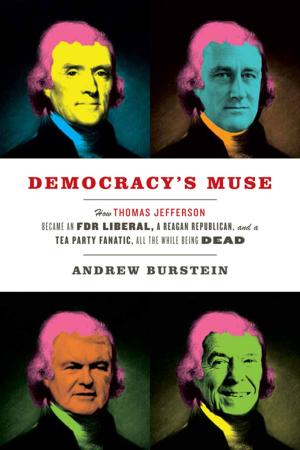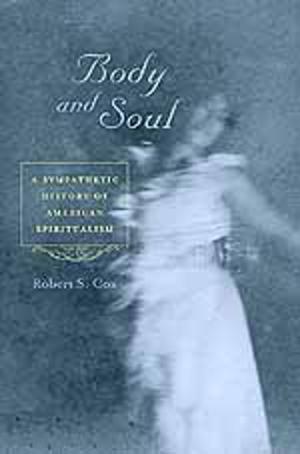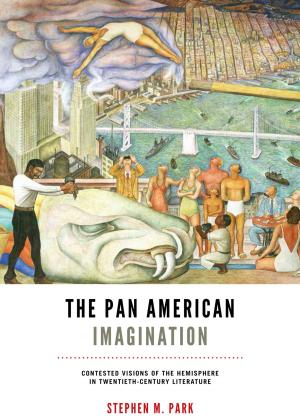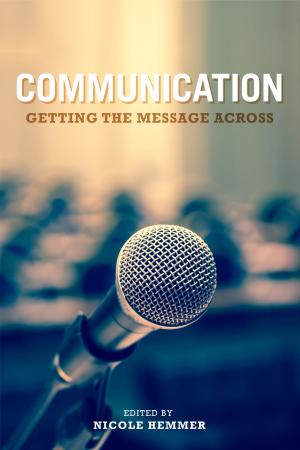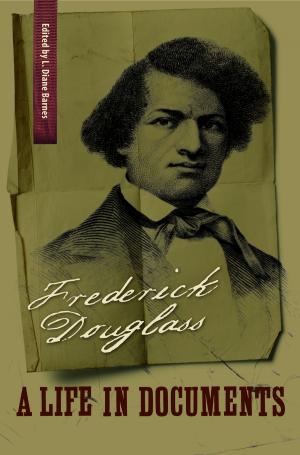Pirating Fictions
Ownership and Creativity in Nineteenth-Century Popular Culture
Fiction & Literature, Literary Theory & Criticism, British| Author: | Monica F. Cohen, Herbert F. Tucker, Jill Rappoport | ISBN: | 9780813940700 |
| Publisher: | University of Virginia Press | Publication: | January 2, 2018 |
| Imprint: | University of Virginia Press | Language: | English |
| Author: | Monica F. Cohen, Herbert F. Tucker, Jill Rappoport |
| ISBN: | 9780813940700 |
| Publisher: | University of Virginia Press |
| Publication: | January 2, 2018 |
| Imprint: | University of Virginia Press |
| Language: | English |
Two distinctly different meanings of piracy are ingeniously intertwined in Monica Cohen's lively new book, which shows how popular depictions of the pirate held sway on the page and the stage even as their creators were preoccupied with the ravages of literary appropriation. The golden age of piracy captured the nineteenth-century imagination, animating such best-selling novels as Treasure Island and inspiring theatrical hits from The Pirates of Penzance to Peter Pan. But the prevalence of unauthorized reprinting and dramatic adaptation meant that authors lost immense profits from the most lucrative markets. Infuriated, novelists and playwrights denounced such literary piracy in essays, speeches, and testimonies. Their fiction, however, tells a different story.
Using landmarks in copyright history as a backdrop, Pirating Fictions argues that popular nineteenth-century pirate fiction mischievously resists the creation of intellectual property in copyright legislation and law. Drawing on classic pirate stories by such writers as Walter Scott, James Fenimore Cooper, Robert Louis Stevenson, and J. M. Barrie, this wide-ranging account demonstrates, in raucous tales and telling asides, how literary appropriation was celebrated at the very moment when the forces of possessive individualism began to enshrine the language of personal ownership in Anglo-American views of creative work.
Two distinctly different meanings of piracy are ingeniously intertwined in Monica Cohen's lively new book, which shows how popular depictions of the pirate held sway on the page and the stage even as their creators were preoccupied with the ravages of literary appropriation. The golden age of piracy captured the nineteenth-century imagination, animating such best-selling novels as Treasure Island and inspiring theatrical hits from The Pirates of Penzance to Peter Pan. But the prevalence of unauthorized reprinting and dramatic adaptation meant that authors lost immense profits from the most lucrative markets. Infuriated, novelists and playwrights denounced such literary piracy in essays, speeches, and testimonies. Their fiction, however, tells a different story.
Using landmarks in copyright history as a backdrop, Pirating Fictions argues that popular nineteenth-century pirate fiction mischievously resists the creation of intellectual property in copyright legislation and law. Drawing on classic pirate stories by such writers as Walter Scott, James Fenimore Cooper, Robert Louis Stevenson, and J. M. Barrie, this wide-ranging account demonstrates, in raucous tales and telling asides, how literary appropriation was celebrated at the very moment when the forces of possessive individualism began to enshrine the language of personal ownership in Anglo-American views of creative work.
